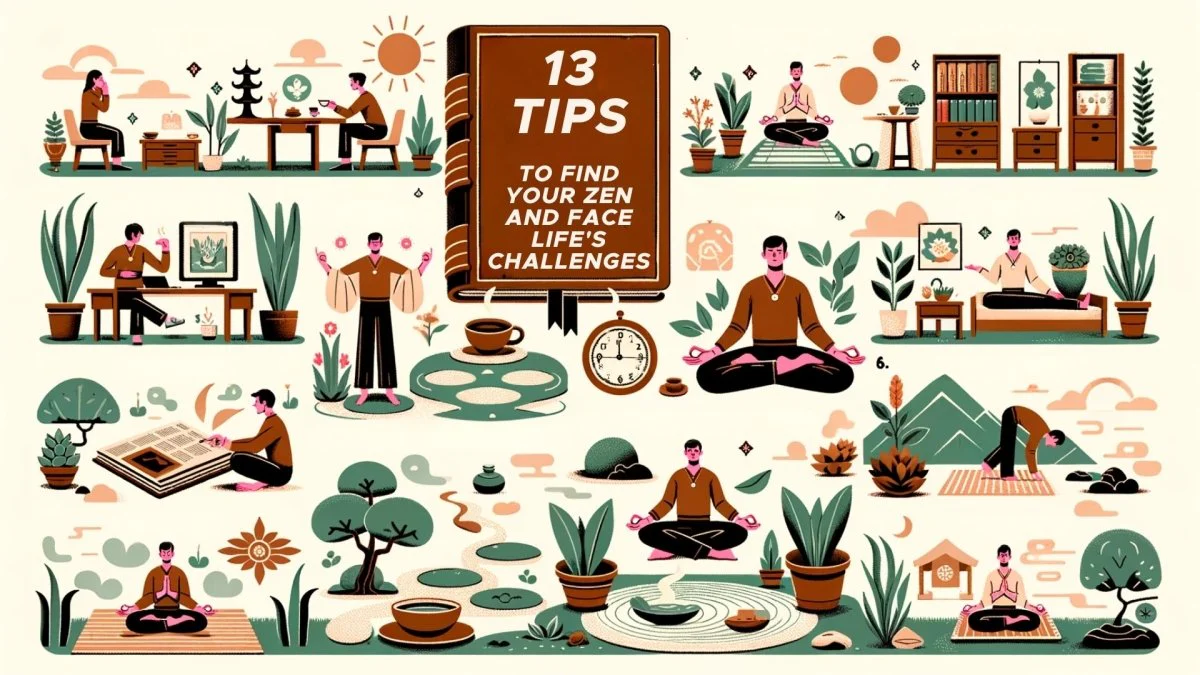Count me in too! Even though I don't post in the Zazen Challenge thread I'm sitting there right with you. i just don't like counting my zazen reps. lol
I really liked "Buddhism: Plain and Simple", so I've got to check the other one out too. I'm currently reading "Buddhism Without Beliefs" by Stephen Batchelor. I really like it, but then again I'm an iconoclast at heart. heheheh
Gassho,
Risho
I really liked "Buddhism: Plain and Simple", so I've got to check the other one out too. I'm currently reading "Buddhism Without Beliefs" by Stephen Batchelor. I really like it, but then again I'm an iconoclast at heart. heheheh
Gassho,
Risho
 ops:
ops:








Comment